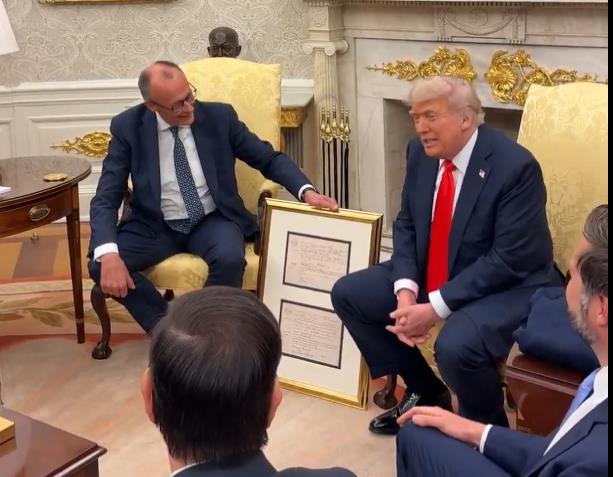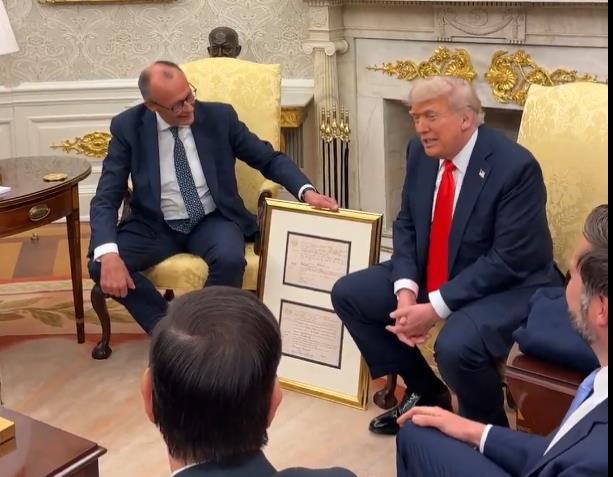The German central bank Bundesbank warns that the escalation of the trade war between the US and China could extend the recession in Germany by another two years. Pressure on the German economy comes from a decline in exports, especially in the automotive and chemical industries, as well as uncertainty affecting investments and the labor market. US tariffs on steel and aluminum imports further complicate the situation, while negotiations between the US and China on tariff reductions continue. This situation raises concerns about potential job losses and slowing economic growth in Germany and Europe.
Political Perspectives:
Left: Left-leaning sources emphasize the negative impact of the US trade war on global economic stability and criticize protectionist policies that harm workers and industries in Germany and Europe. They highlight the risks of prolonged recession, job losses, and the need for international cooperation to resolve trade disputes.
Center: Center-leaning sources report on the economic data and forecasts from Bundesbank and other official institutions, focusing on the factual impact of tariffs on exports and investments. They present the ongoing negotiations between the US and China as a key factor in resolving tensions and stress the importance of monitoring economic indicators closely.
Right: Right-leaning sources tend to highlight the necessity of protecting domestic industries through tariffs and support the US administration’s efforts to strengthen American manufacturing. They may downplay the negative effects on Germany, emphasizing the resilience of the economy and the potential benefits of trade negotiations leading to fairer terms.















